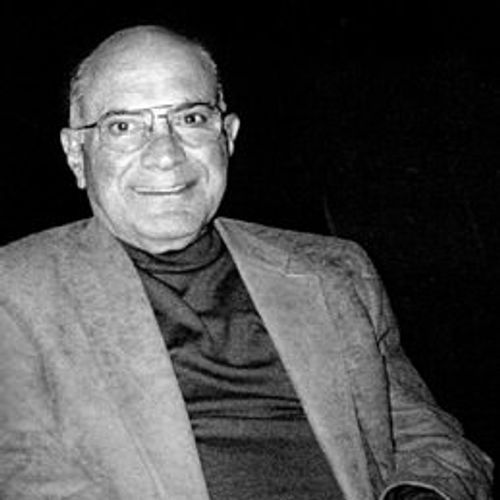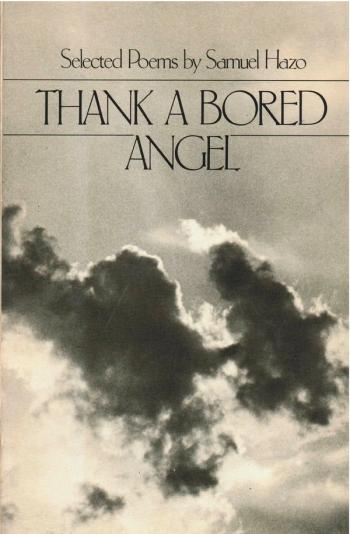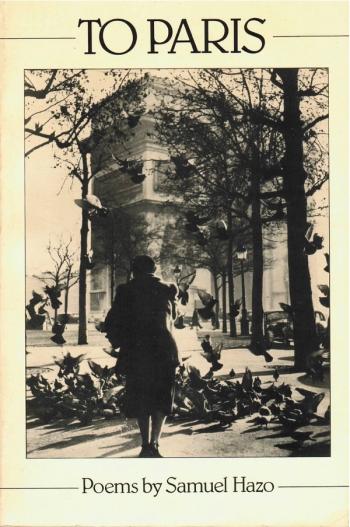Samuel Hazo
Samuel Hazo was born in Pittsburgh, Pennsylvania. He graduated magna cum laude from the University of Notre Dame and received his graduate degrees from Duquesne University and the University of Pittsburgh. He is presently a Professor in the English Department of Duquesne University. Since 1966, Hazo has directed the International Poetry Forum, a non-profit arts organization that sponsors internationally and nationally known poets to read their works to Pittsburgh audiences. Hazo says, “Suffice to say that I regard poetry as the best form of conversation with largely known readers or hearers whose answer is hopefully their attention and assent.” Dr. Hazo is the author of seventeen books of poetry. He has also written three novels. His other works include translations from Arabic and French together with a book-length study of Hart Crane, a book of essays, a prose memoir about Pittsburgh and a play entitled Until I’m Not Here Anymore. In 1973, Hazo’s Once For the Last Bandit was a National Book Award finalist. A former captain in the Marine Corps, he has represented the United States on State Department tours in Greece, Lebanon, Jordan, Egypt and Jamaica and has recited his poetry throughout the United States as well as in England, Ireland and France. He was named Pittsburgh’s Man-of-the-Year in the Arts in 1977 and 1984. He is an honorary Phi Beta Kappa member and a recipient of five honorary degrees. Hazy and his wife, Mary Anne, have one son, Samuel Robert.


